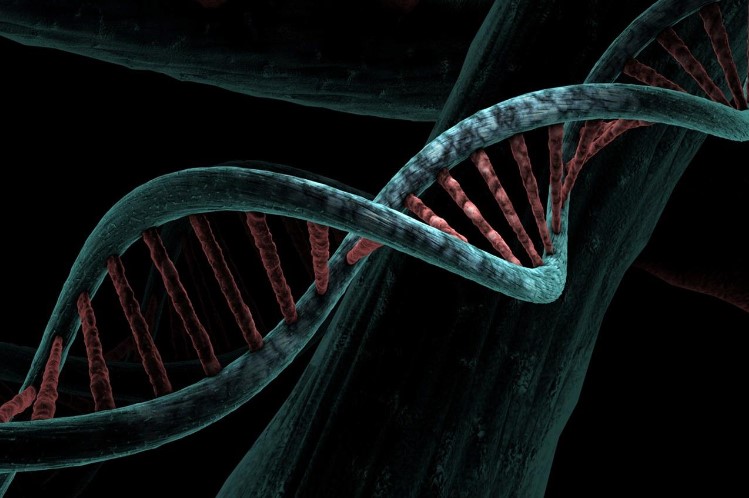
DNA testing plays a crucial role in the surrogacy process, as it helps to establish biological relationships and legal rights. One way to obtain DNA testing is through the use of a home DNA test kit. These kits, which can be easily purchased online or at a local pharmacy, allow individuals to collect DNA samples in the comfort of their own homes and send them off for laboratory analysis. If you don’t want to wait for the baby to be born, prenatal paternity testing by dnacenter.com is a good option, as it can be performed from the 7th week of pregnancy. DNA testing helps to ensure that all parties involved are fully informed and that the necessary legal agreements are in place.
Establish legal parental rights in surrogacy arrangements
Establishing legal parental rights in surrogacy arrangements is crucial to ensure that all parties involved are protected and that the surrogacy arrangement is carried out smoothly. It is important to have a surrogacy agreement in place that clearly outlines the rights and responsibilities of all parties involved. This agreement should be drawn up by an attorney and should be signed by both the intended parents and the surrogate. Second, DNA testing should be conducted to establish the biological relationship between the intended parents and the child. Finally, once the child is born, it is important to have the intended parents’ names listed on the birth certificate, as this will establish their legal parental rights. By taking these steps, intended parents can ensure that they have the necessary legal protections in place to raise their children.
The ethical side of DNA testing in surrogacy arrangements
One ethical issue that may arise is the question of informed consent. It is important that all parties involved in the surrogacy arrangement fully understand the implications of DNA testing and give their informed consent to the testing process. Additionally, there may be concerns about the potential misuse of DNA testing results. The results of DNA testing must be kept confidential and have to be used only for the purposes outlined in the surrogacy agreement. Another ethical consideration is the potential for discrimination based on the results of DNA testing. All parties involved in the surrogacy arrangement must be treated fairly and with respect, regardless of the results obtained through DNA. To avoid unpleasant inconveniences, the parties involved have to create a surrogacy arrangement, notarized by an entity that gives it legal validity. It will prevent changes once the process has been started.
